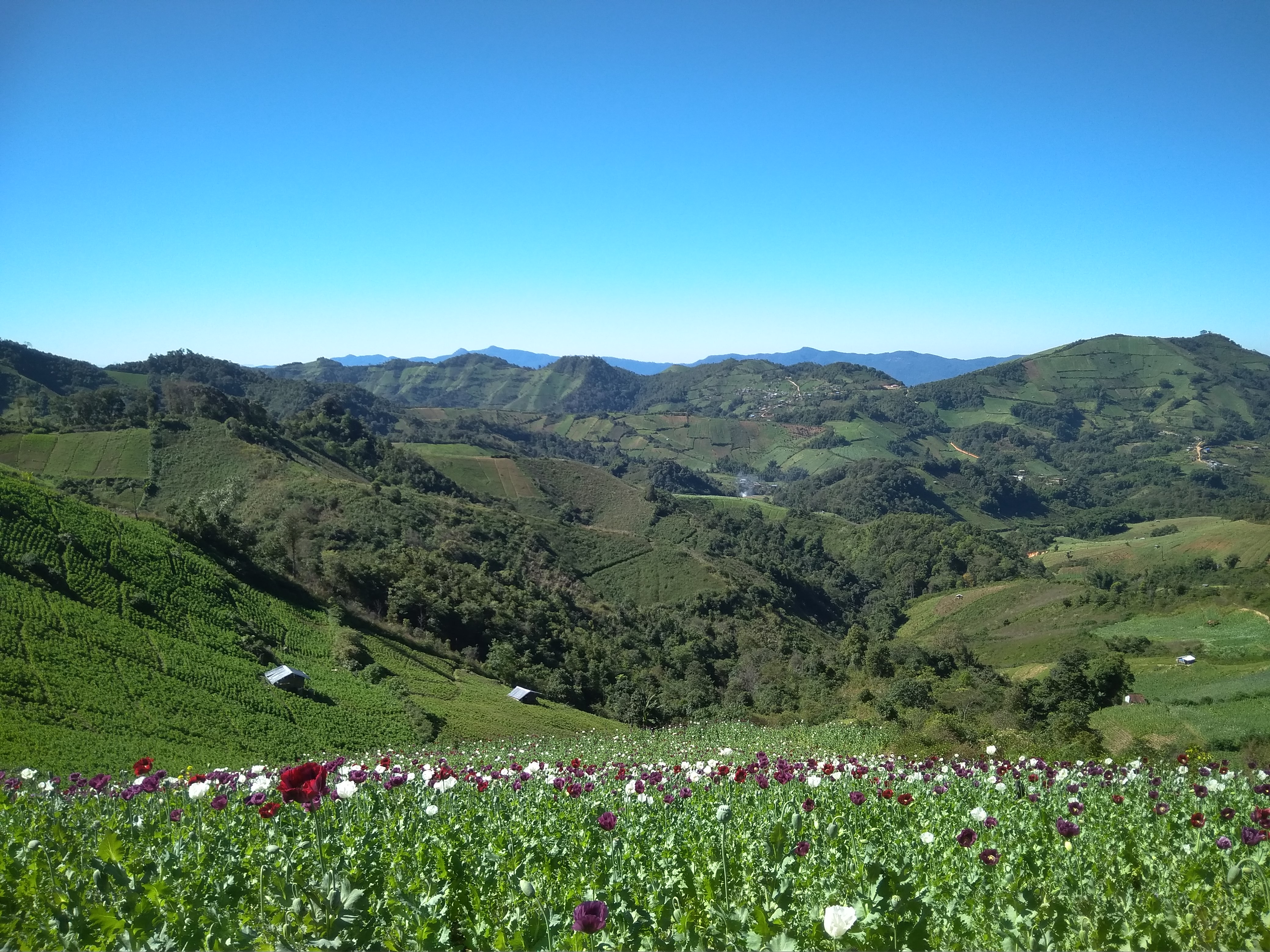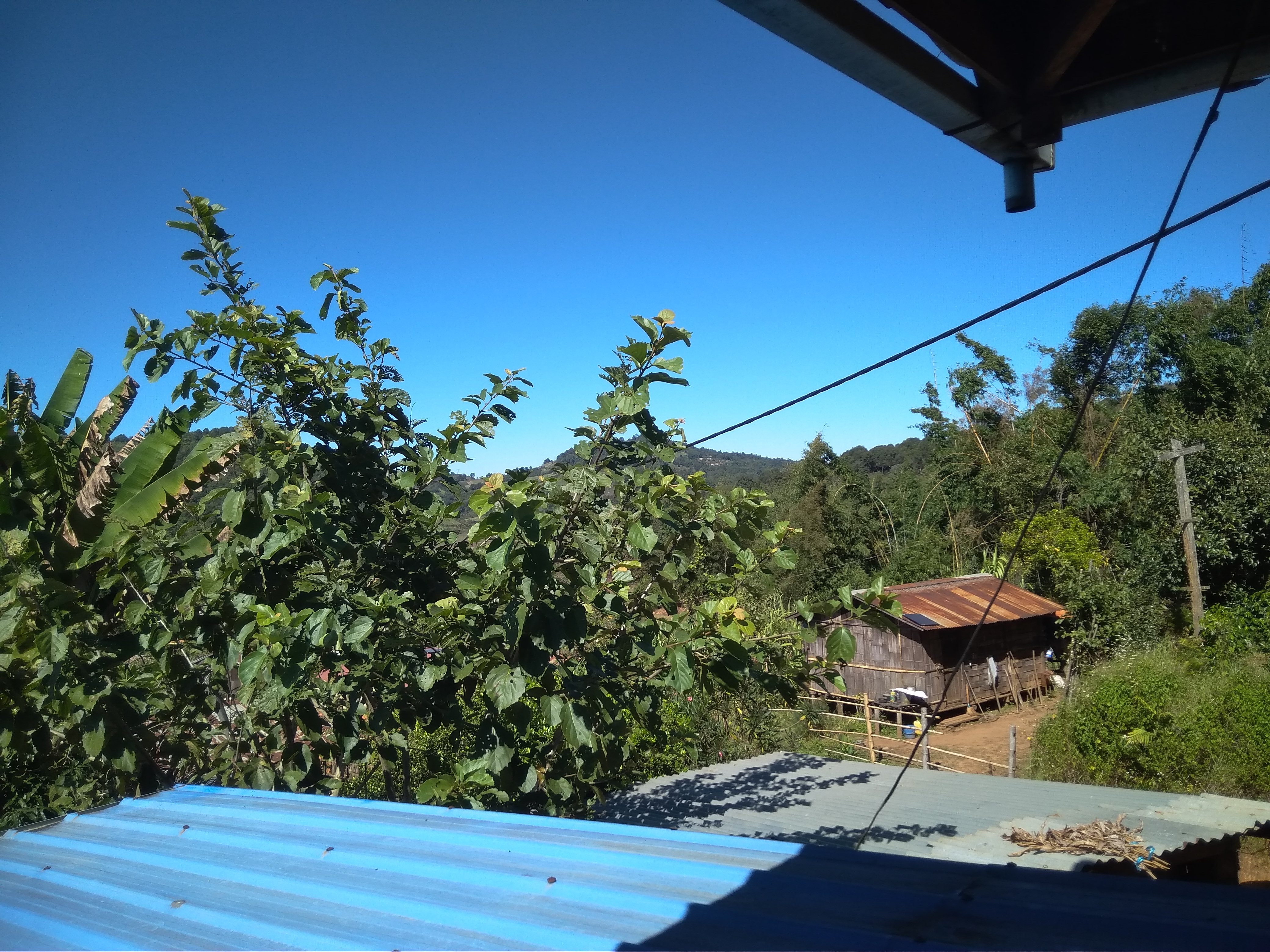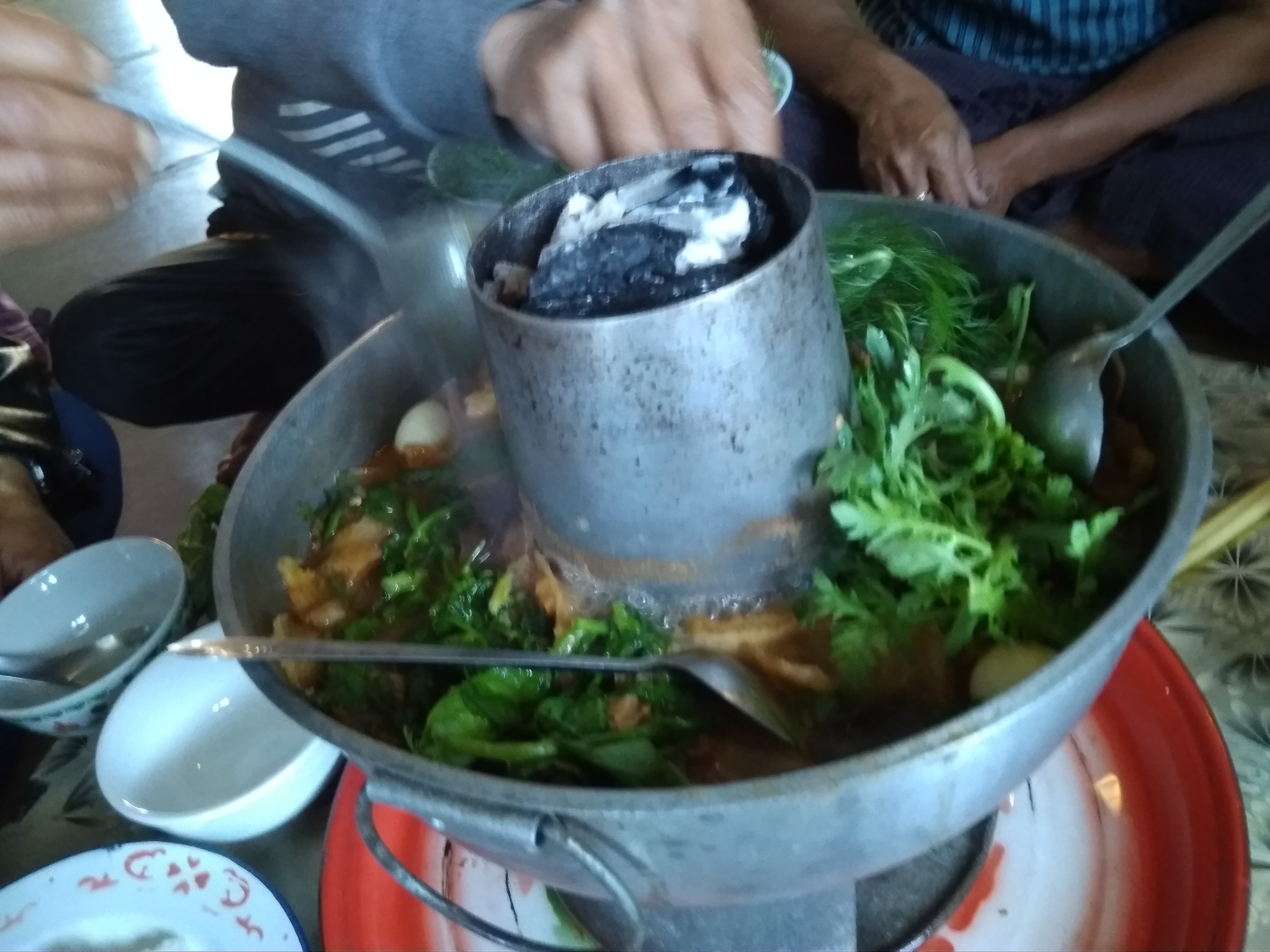|
|
|
Here is a story of one of these women, from a village in Southern Shan State.
Dear reader,
In the past few years, we have had the honour to speak with more than forty women who grow opium in Myanmar, where approximately 190,000 households cultivate opium as a means of survival. Although women farmers bear a greater load of daily chores and responsibilities than their male counterparts, they generally play a very small role in political and social matters, though they are equally skilled and knowledgeable of their work and community.
Here is a story of one of these women, from a village in Southern Shan State.
A day in a life of a woman opium poppy farmer in Myanmar
Nang Kham (a pseudonym) is 32 years old and lives with her husband and two children in a mountainous village in Southern Shan State, Myanmar. Like many women around the world, she bears the majority of household work. She is also one of the tens of thousands of women who cultivate opium as a means of survival in Myanmar. Nang Kham lives in a high-altitude area, where opium fields stretch out as far as the eye can see.
 Opium fields around Nang Kham’s village in Southern Shan State Opium fields around Nang Kham’s village in Southern Shan State
Each day, Nang Kham’s day begins as soon as the monastery bell rings at four in the morning. From that point on until bedtime, she is responsible for a wide range of tasks, from cooking to washing to all the various kinds of labour required in the opium poppy field.
Prior to sharing their experiences with us, Nang Kham and other women farmers in her village admitted that they had never spoken about the challenges they face as women growers. Many of these challenges stem from the fact that subsistence-level opium cultivation remains criminalised. Other livelihood options are hard to find and essential services so hard to reach.
 A view from Nang Kham’s fellow villager’s house, who also happens to be the one and only nurse providing basic healthcare in the village – as well as twenty four other nearby villages A view from Nang Kham’s fellow villager’s house, who also happens to be the one and only nurse providing basic healthcare in the village – as well as twenty four other nearby villages
The impact of gender inequality in Myanmar is magnified for women who belong to certain ethnic minority groups, for women in rural areas and/or in conflict and poverty, and for women who take part in illegal activities. This multi-layered form of marginalisation is exacerbated by socioeconomic inequality between the rich and poor as well as between those in urban and rural areas. Opium, in this regard, is a life saver cash crop.
Nang Kham and her family earn more than 70 percent of their annual household income with one season of opium cultivation and harvesting per year. Most of this income is spent on basic needs like food, healthcare, and education. Still, Nang Kham worries about her children’s future, “what about families who cannot afford to finance (higher) education for their children? How can we find institutions who can help provide funds for this?” Her questions resonated with other farmers around her.
 A traditional Shan communal hot pot (served with young leaves of the opium poppy plant) prepared by Nang Kham and other women who participated in our conversation about women who grow opium A traditional Shan communal hot pot (served with young leaves of the opium poppy plant) prepared by Nang Kham and other women who participated in our conversation about women who grow opium
Nang Kham’s story represents just a small part of what is experienced by tens of thousands in Myanmar who have long endured harsh policies and exclusion because of their involvement in the illegal drug market. Regardless, there is genuine hope that by sharing her story, Nang Kham could help encourage other women to speak out and encourage the wider community to realise the collective benefits of gender equality.
|
|
|
| |
| Other activities on drug policy |
|
Rescheduling cannabis at the UN level presents an opportunity for African governments and civil society to further decolonise drug control approaches on the continent, as well as to strengthen the international legal basis for emerging medicinal cannabis programmes in several African countries.
Missed our webinar on mass incarceration? Watch or revisit it here to learn from activists working in the USA, Indonesia, Colombia, and Sierra Leone.
Latin American prisons are among the most overcrowded prisons on the planet. On 1st July, activists gathered at this webinar to share lessons and strategies to break the vicious cycle of punitive drug policies, socioeconomic inequality, and mass incarceration in the region. (in Spanish)
On 26th June, TNI joined the Support. Don’t Punish Global Day of Action, co-hosting a special webinar on the future of drug policing in the Netherlands and beyond.
How has the COVID-19 pandemic affected rural and indigenous communities in Colombia? Ricardo Vargas breaks it down in this article (in Spanish)
The government President Iván Duque set for 2020 a goal of eradicating coca leaf crops of 130,000 hectares, that is, 62.5 percent more than 2019, when the goal was 80,000 hectares. Learn more here (in Spanish).
|
|
|
|
|
|
|
|
|
|
|
Formed in 1996, the TNI Drugs & Democracy programme explores the underlying causes of drug production and consumption and advocates for evidence-based policies that respect the human rights of producers and consumers. |
|
|
|
| |
|
|
| |